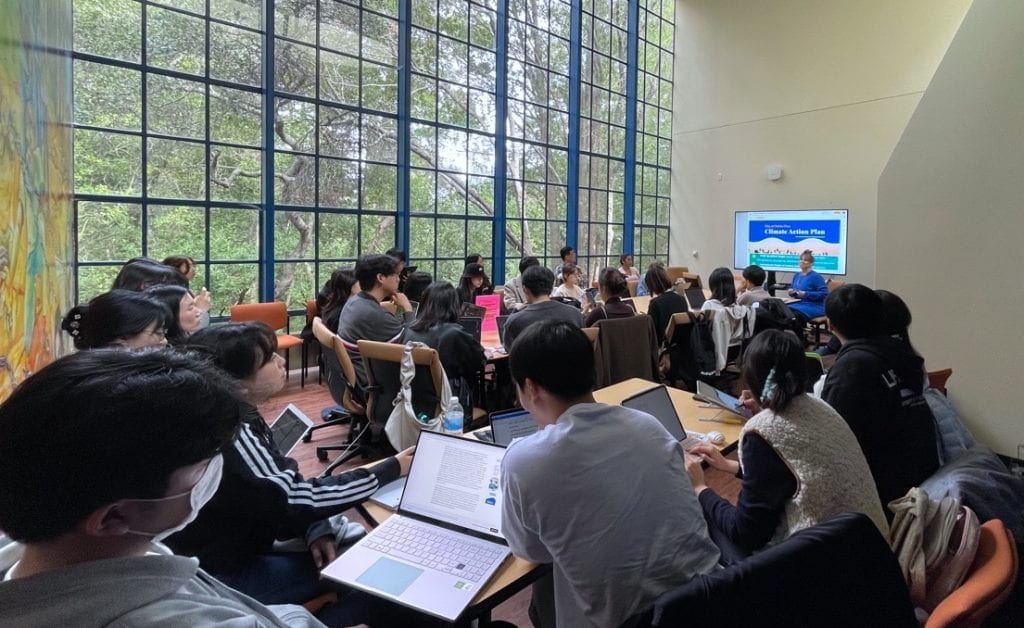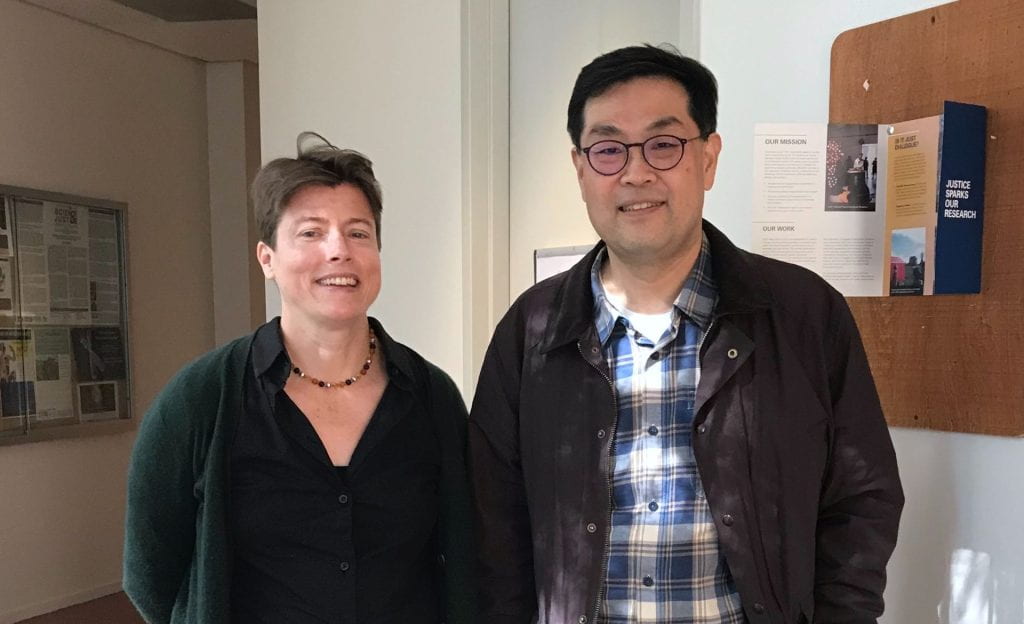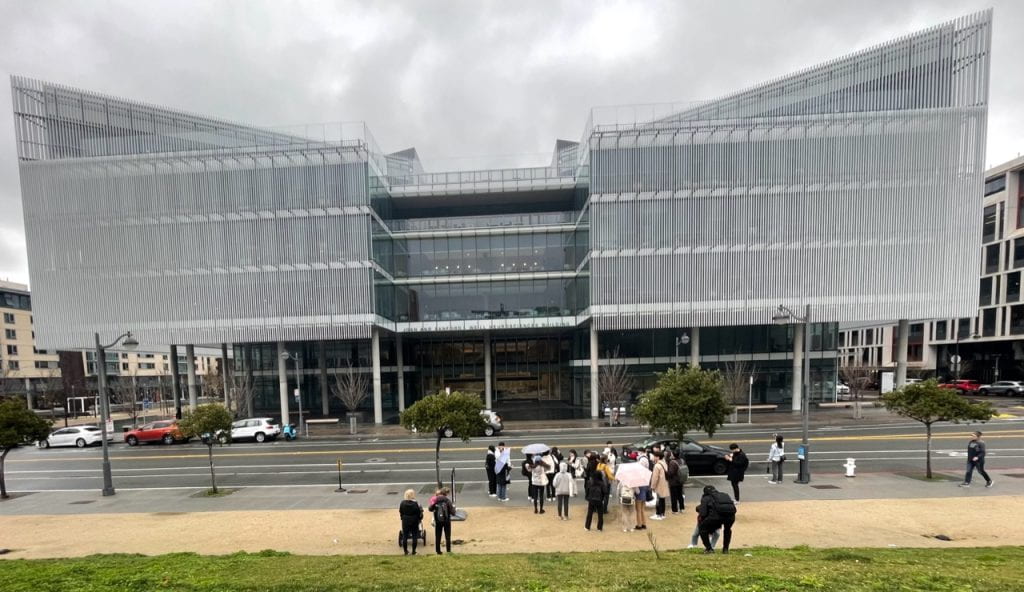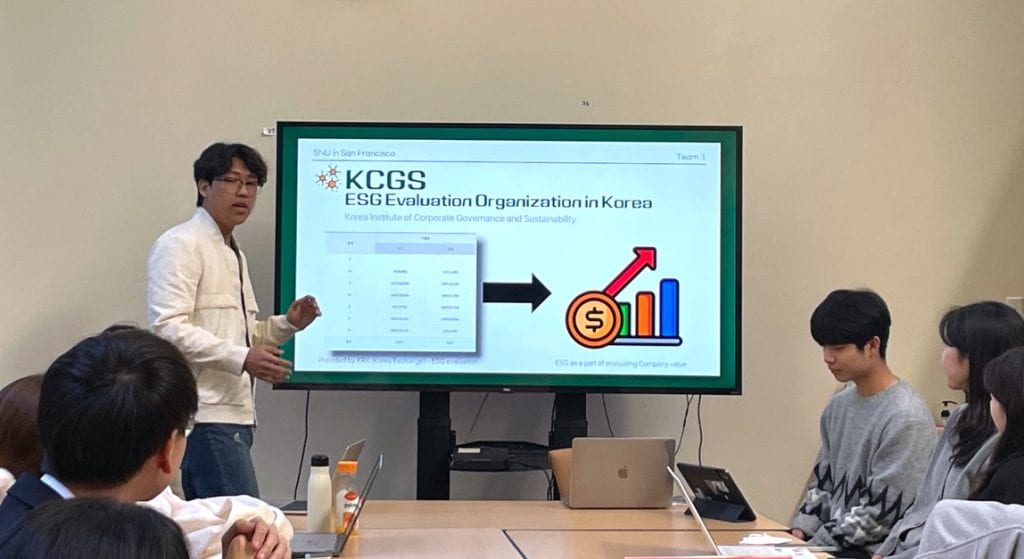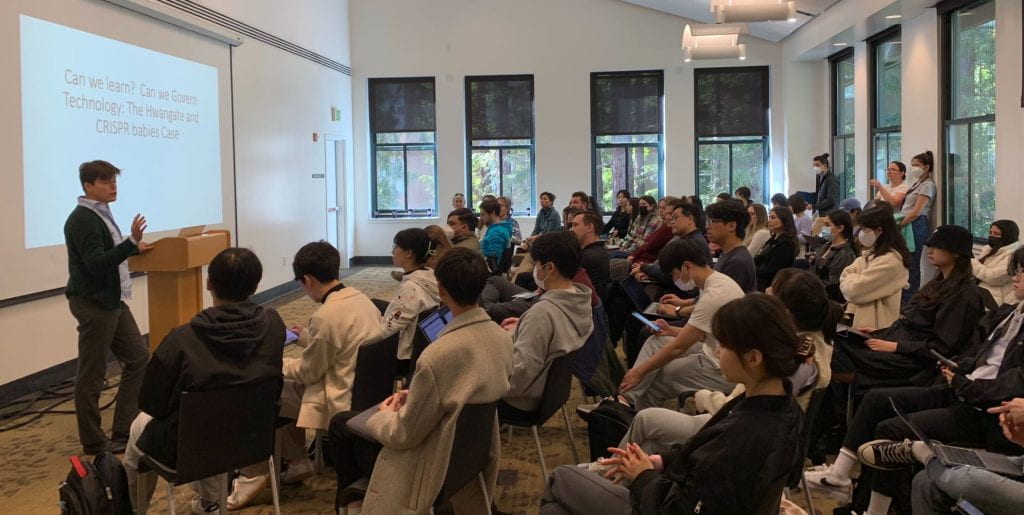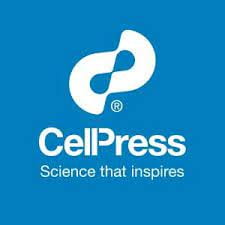ABOUT The SNU in the World Program Director
Doogab Yi is an Associate Professor in the Department of Science Studies at Seoul National University and Director of The SNU in the World Program with SJRC at UCSC on Innovation, Science and Justice (Winter 2023, 2024, 2025). His broad research interests lay in the intersection between science and capitalism in the 20th and 21th centuries, and he is currently working on several projects related to the development of science and technology within the context of capitalism, such as the history of biotechnology, the relationship between science and the law, and the emergence of the technologies of the 24/7 self. He teaches courses in the history of modern science, science and the law, and environmental history. Learn more at: https://doogab.wixsite.com/doogabyi
ABOUT UCSC PARTICIPANTS (in alphabetical order)
CHESSA ADSIT-MORRIS is a Graduate Student in Visual Studies at UC Santa Cruz. Chessa is a curriculum theorist, assistant director of the Center for Creative Ecologies housed within the department of the History of Art and Visual Culture at UC Santa Cruz, and the Graduate Student Researcher for the Science & Justice Research Center (SJRC). She writes widely on the intersection of curriculum studies, posthumanism(s), ecological thought and SF, and is the author of “Restorying Environmental Education: Figurations, Fictions, Feral Subjectivities” (Palgrave Macmillan, 2017) (open access copy). Her current teaching, research and publications focus on transdisciplinary research and pedagogy, with particular reference to visual studies, socially engaged art, science and technology studies, environmental humanities, ecological thought and speculative fiction. Chessa works with SJRC specifically on the Leadership in the Ethical and Equitable Design (LEED) of STEM Research initiative.
CHRIS BENNER is a Professor of Sociology and Environmental Studies and the Dorothy E. Everett Chair in Global Information and Social Entrepreneurship at UC Santa Cruz. He currently directs the Everett Program for Technology and Social Change and the Institute for Social Transformation. His research examines the relationships between technological change, regional development, and the structure of economic opportunity, focusing on regional labor markets and the transformation of work and employment. He has authored or co-authored seven books (most recently Solidarity Economics, 2021, Polity Press) and more that 75 journal articles, chapters and research reports. He received his Ph.D. in City and Regional Planning from the University of California, Berkeley.
DENNIS BROWE is a PhD student in the Department of Sociology at UC Santa Cruz. Dennis’ work lies at the intersections of medical sociology, science & technology studies (STS), public health, sexuality and gender studies, and feminist theory.
ANILA DAULATZAI is a political and medical anthropologist. She has taught in prisons, and in universities across three continents. Her past and current research projects look at widowhood, heroin use, and polio through the lens of serial war and US Empire in Afghanistan, and Pakistan. She has published articles in Jadaliyya, Al-Jazeera, several academic journals, and edited volumes and is a contributing member to Brown University’s Costs of War Project, since 2014. She is currently completing her book manuscript provisionally titled War and What Remains. Everyday Life in Contemporary Kabul, Afghanistan. At UCSC, Anila is a postdoctoral fellow in the history department working on the Mellon Foundation Sawyer Seminar “Race, Empire, and the Environments of Biomedicine,” a project co-led by SJRC faculty affiliate and History Professor Jennifer Derr and SJRC Founding Director and Sociology Professor Jenny Reardon. More information can be found at: https://raceempirebiomedicine.sites.ucsc.edu/.
JAMES DOUCET-BATTLE is an Associate Professor of Sociology at UC Santa Cruz. James is a graduate of the University of California, Berkeley/University San Francisco Joint Medical Anthropology Program. His research and teaching interests lie at the intersection of science, technology and society studies, development studies and anthropological approaches to health and medicine. James applies these interests to study the political economy of genomic discourses about race, risk, and health disparities. James is currently SJRC’s Director of Teaching who oversees the Science & Justice Training Program.
CAMILLA FORSBERG is a Professor of Biomolecular Engineering at UC Santa Cruz. The Forsberg lab focuses on stem cell fate decisions of the blood system. Hematopoietic stem cells are responsible for generating a life-long supply of mature blood cells. Each stem cell is capable of making all of the mature blood cell types with widely different functions: some blood cells specialize in carrying oxygen, others fight off infections, and still others prevent bleeding in the process of blood clotting. How does a stem cell decide which cell type to give rise to? Are these decisions made by the stem cell itself, by its descendant multipotent progenitors, or both? How are these decisions dysregulated to cause cancer and other disorders? We tackle these questions from multiple angles – by in vivo and in vitro experimental approaches, by focusing on specific molecules as well as analyzing global changes. Ultimately, we want to understand the molecular determinants of hematopoietic stem cell fate decisions so that we can prevent and treat both genetic and acquired disorders of the hematopoietic system, including anemia, autoimmune disease, leukemias and lymphomas.
ANNA FRIZ is an Associate Professor of Film & Digital Media at UC Santa Cruz. Anna creates media art, sound and transmission art, working across platforms to present installations, broadcasts, films and performances. Her works reflect upon media ecologies, land use, infrastructures, time perception, and critical fictions.
LINDSAY HINCK is a Professor of Molecular, Cell, & Developmental Biology at UC Santa Cruz. The Hinck lab is interested in understanding how epithelial cells assemble into organs during development, and how the reverse process occurs during cancer when cells disassemble and metastasize to inappropriate locations. Recently, we have been focusing our studies on a family of positional cues, called Slits, which were originally identified in the nervous system where they direct the construction of elaborate networks of neuronal connections. Currently, the laboratory has projects in three areas: building an organ; stem cells and self-renewal; and loss of growth control and cancer.
CHRISTINE HONG is an Associate Professor of Literature and is the current chair of Critical Race and Ethnic Studies, director of the Center for Racial Justice at UC Santa Cruz. Christine’s book, A Violent Peace: Race, Militarism, and Cultures of Democratization in Cold War Asia and the Pacific was published by Stanford University Press in 2020. Along with Deann Borshay Liem, Christine co-directed the Legacies of the Korean War oral history project. Christine serves on the board of directors of the Korea Policy Institute, an independent research and educational institute, and co-edit the Critical Ethnic Studies journal with Neda Atanasoski. Christine also co-edited a two-volume thematic issue of Critical Asian Studies on Reframing North Korean Human Rights (2013-14); a special issue of positions: asia critique on The Unending Korean War (2015); and a forum of The Abusable Past on “White Terror, ‘Red’ Island: A People’s Archive of the Jeju 4.3 Uprising and Massacre.” Christine specializes in transnational Asian American, critical Korean, U.S. war and empire, and comparative ethnic studies.
YOUNGEUN KIM is a graduate student in Film and Digital Media at the University of California, Santa Cruz. YoungEun works on sound studies, diaspora studies, ethnomusicology, decolonial studies, audio technology, and ethnographic research.
KAREN MIGA is an Assistant Professor in the Biomolecular Engineering Department at UC Santa Cruz and Associate Director at the UCSC Genomics Institute. Karen is the co-lead of the telomere-to-telomere (T2T) consortium and the project director of the human pangenome reference consortium (HPRC) production center at UCSC. Karen’s research program combines innovative computational and experimental approaches to produce the high-resolution sequence maps of human centromeric and pericentromeric DNAs. The Miga lab aims to uncover a new source of genetic and epigenetic variation in the human population, which is useful to investigate novel associations between genotype and phenotype of inherited traits and disease. More information can be found at: https://migalab.com/
TAMARA PICO is an Assistant Professor of Earth & Planetary Sciences at UC Santa Cruz. The Pico Group’s goal is to better understand past ice sheets and their stability. The Pico group uses ice sheet- solid Earth interactions as a lens to improve ice sheet and sea-level reconstructions on glacial timescales. By leveraging unconventional sea-level datasets, including ancient landscapes, we aim to target knowledge gaps on ice sheet growth and decay.
JENNY REARDON is a Professor of Sociology and the Founding Director of the Science and Justice Research Center at the University of California, Santa Cruz. Her research draws into focus questions about identity, justice and democracy that are often silently embedded in scientific ideas and practices, particularly in modern genomic research. Her training spans molecular biology, the history of biology, science studies, feminist and critical race studies, and the sociology of science, technology and medicine. She is the author of Race to the Finish: Identity and Governance in an Age of Genomics (Princeton University Press, 2005) and The Postgenomic Condition: Ethics, Justice, Knowledge After the Genome (Chicago University Press, Fall 2017). She has been the recipient of fellowships and awards from, among others, the National Science Foundation, the Max Planck Institute, the Humboldt Foundation, the London School of Economics, the Westinghouse Science Talent Search, and the United States Congressional Committee on Science, Space and Technology. Recently, she started a project to bike over one thousand miles through her home state of Kansas to learn from farmers, ranchers and other denizens of the high plains about how best to know and care for the prairie.
JEREMY SANFORD is a Professor of Molecular, Cellular and Developmental Biology. The Sanford Lab’s goal is to illuminate post-transcriptional networks coordinated by RNA binding proteins. To achieve this they employ genomic, biochemical and computational methods to identify cis-acting RNA elements recognized by a complete family of phylogenetically conserved, essential RNA binding proteins in a comprehensive manner.
DOROTHY R. SANTOS is a Ph.D. candidate in Film and Digital Media at the University of California, Santa Cruz as a Eugene V. Cota-Robles fellow. Dorothy is a Filipino American storyteller, poet, artist, and scholar whose academic and research interests include feminist media histories, critical medical anthropology, computational media, technology, race, and ethics.
COLLEEN STONE manages all public relations and administrative aspects of the Science & Justice Research Center, its projects and grants, curriculum, training and visitor programs. Additionally, Colleen is the department assistant for Sociology, supporting faculty and student driven research.
ABOUT UCSC Programs and Research Initiatives (in alphabetical order)
The UCSC Center for Open Access Splicing Therapeutics (C.O.A.S.T.) is a collaborative effort between Science & Justice and Professors Jeremy Sanford (MCD Biology) and Michael Stone (Chemistry) to accelerate the discovery of precision therapies for rare diseases by exploiting the chemical language of ribonucleic acid (RNA), while addressing the questions of ethics and justice raised by this novel area of research. Learn more in undergraduate Aisha Lakshman’s (Sociology, Statistics) blog post on “Normalizing Slow Science,” in which she drew on work with C.O.A.S.T. and lessons learned from the COVID-19 pandemic. Using her two disciplines to interpret datasets to demonstrate social problems and catalyze social change, Lakshman has since expanded her post to a senior thesis, receiving honors, on “Normalizing “Slow Science” in the Case of RNA-Therapeutics: Research Pace and Public Trust in Science.“
The Everett Program for Technology and Social Change (video) develops young leaders who use the technical, educational, and research resources of the university to work directly with communities, empowering people to develop practical solutions to persistent problems. Everett’s educational philosophy is rooted in a holistic approach that engages students in linking theory, practice and personal development. Students are supported in making these connections through hands-on work contributing to social justice and environmental sustainability with community partners. Students work towards obtaining a major concentration or minor in Global Information and Social Enterprise Studies (GISES) administered through the Department of Sociology. Meet the Fellows.
The Mellon Foundation Sawyer Seminar “Race, Empire, and the Environments of Biomedicine” is a project co-led by SJRC faculty affiliate and History Professor Jennifer Derr and SJRC Founding Director and Sociology Professor Jenny Reardon. More information can be found at: https://raceempirebiomedicine.sites.ucsc.edu/.
SJRC’s LEED Initiative—a national and international collaboration—aims to clarify, review, and revitalize the roles and value of engaging bioethicists and scholars in the social sciences, humanities, and the arts in STEM research. More information can be found at: https://scijust.ucsc.edu/research/projects/leed/
The Stem Cell Journal Club is hosted by The Institute for the Biology of Stem Cells (IBSC) at UC Santa Cruz which aims to support and advance stem cell research by promoting interdisciplinary discoveries in biology, engineering, and information science. More information is here about the Stem cell agency (CIRM) that funds research training programs at UC Santa Cruz with IBSC and SJRC.
The UCSC SUSTAINABILITY OFFICE strives to foster a culture of diverse, equitable and inclusive sustainability at UC Santa Cruz. They actively engage students, staff, faculty and community members through education, leadership development, institutional change and behavioral transformation. They build partnerships with students and community members to improve UCSC’s environmental performance, seeking to model the way for how large institutions can work collaboratively to solve some of the world’s biggest environmental and social justice challenges. Students also work to advance inclusive sustainability and are leading our efforts at advancing education around the intersectionality between social and environmental justice. Read more about the effort toward the full decarbonization and electrification of the campus in this campus news article.
ABOUT NonUCSC PARTICIPANTS (in alphabetical order)
JULIE HARRIS-WAI is Associate Professor, Institute for Health & Aging in the School of Nursing at the University of California, San Francisco. Dr. Harris-Wai’s research focuses on examining the social and ethical factors influencing how and why genomic technologies are translated from the research setting into clinical care and the impact these technologies have on health disparities and underserved communities. The goal of her work is to identify methods for incorporating community and stakeholder perspectives into policy decision-making to improve the appropriate translation of research into clinical and public health programs. Dr. Harris-Wai is the Associate Director of the Kaiser Permanente/UCSF Center for Excellence in Research on Translational Genomics and Ethics (CT2G). She is currently working on an R21 from the Agency for Healthcare Research and Quality to use deliberative community engagement methods to inform policy decisions about the future of California’s Newborn Screening Program.
DONGOH PARK is a Senior Policy Advisor at Google’s Trust and Safety Team, where he is responsible for creating and overseeing policies for Chrome Browser and the web ecosystem to protect user safety and privacy. Prior to joining Google six years ago, Dongoh worked as a policy researcher at the Science and Technology Policy Institute in Korea and the Korea Institute of Science and Technology Information. He also served as an information and communication officer in the Republic of Korea Navy. Dongoh holds a Ph.D. in Social Informatics from Indiana University, Bloomington and currently lives in the Los Angeles area with his family.
KAUSHIK SUNDER RAJAN is Professor of Anthropology and of Social Sciences and Co-Director of the Chicago Center for Contemporary Theory. Dr. Rajan’s work lies at the intersection of Medical Anthropology and Science and Technology Studies (STS), with commitments to social theories of capitalism and postcolonial studies. Dr. Rajan’s presentation is part of a presentation to campus through the Sawyer Seminar on “Race, Empire, and the Environments of Biomedicine” co-led by SJRC faculty affiliate and History Professor Jennifer Derr and SJRC Founding Director and Sociology Professor Jenny Reardon.
FRED TURNER is a Professor of Communication at Stanford University and serves on the SJRC Advisory Board. Fred is the Harry and Norman Chandler Professor of Communication at Stanford University. He is the author or co-author of five books: Seeing Silicon Valley: Life inside a Fraying America (with Mary Beth Meehan); L’Usage de L’Art dans la Silicon Valley; The Democratic Surround: Multimedia and American Liberalism from World War II to the Psychedelic Sixties; From Counterculture to Cyberculture: Stewart Brand, the Whole Earth Network, and the Rise of Digital Utopianism; and Echoes of Combat: The Vietnam War in American Memory. Before coming to Stanford, he taught Communication at Harvard’s John F. Kennedy School of Government and MIT’s Sloan School of Management. He also worked for ten years as a journalist. He has written for newspapers and magazines ranging from the Boston Globe Sunday Magazine to Harper’s.
TIFFANY WISE-WEST is the Sustainability and Climate Action Manager for The City of Santa Cruz and a founding graduate fellow of the Science & Justice Training Program at UC Santa Cruz. Tiffany is a licensed professional civil engineer with nearly 20 years of experience in municipal infrastructure planning, design and project management. Tiffany received her BS in Civil and Environmental Engineering from Purdue University and specialized in water, wastewater and solid waste systems for the first half of her career. In the second half of her career, after a stint teaching mathematics and environmental education to secondary students, Tiffany earned her MA and PhD in Environmental Studies from the University of California Santa Cruz where she focused her academic research on the techno-economic and policy elements of sustainability, energy efficiency, renewable energy, and issues at the water and energy nexus. Tiffany specializes in negotiating and managing public-private-academic partnership projects aimed at advancing green infrastructure, policy and programming. She leads the award-winning Santa Cruz GreenWharf initiative and currently works on state and regional climate and energy issues in her roles as Senior Environmental Engineer at EcoShift Consulting, the City of Santa Cruz’s Climate Action Outreach Coordinator, and the District 2 Commissioner on the Santa Cruz County Commission on the Environment.

